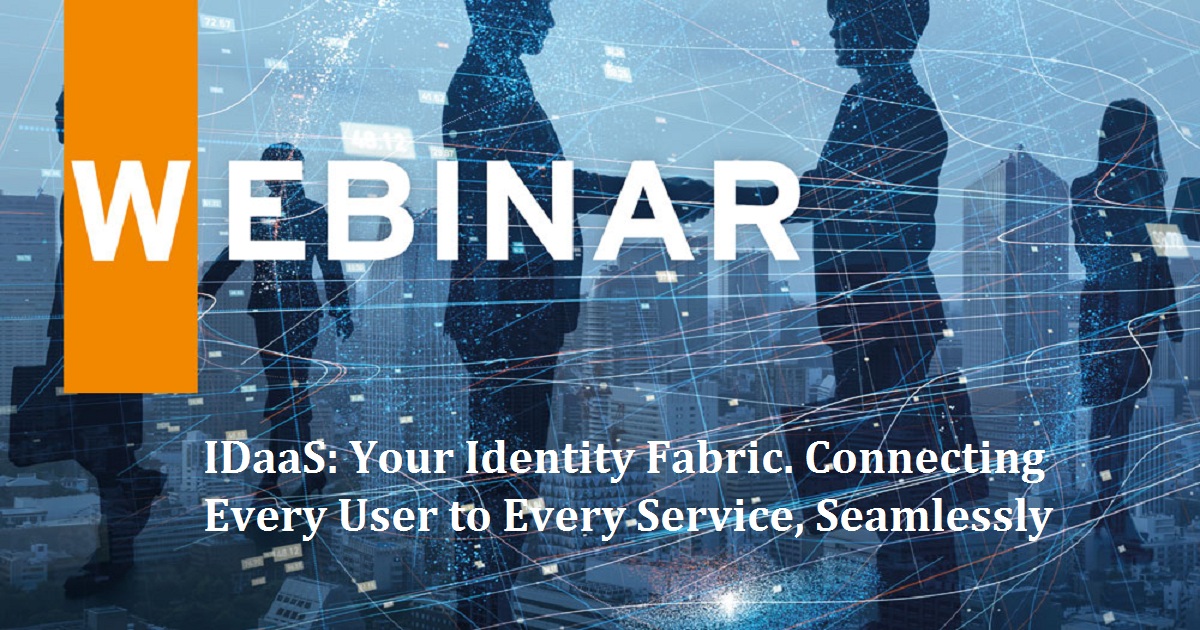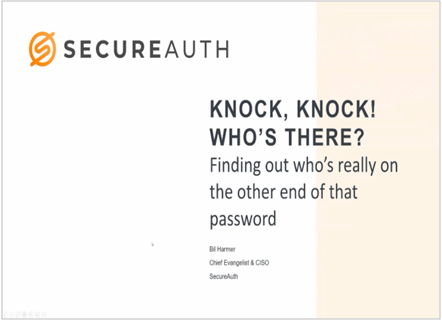
PECB
It has become an established fact that the human factor is the most important element to secure in any organization if security is to be maintained. This case study will take real-life examples (with no names used!) and examine some actual security incidents caused by human error and elaborate on the root cause and prevention tips resulting from these events.
Watch Now

Most cybersecurity protections are based on looking for threats. The problem is, malware is evolving at an alarming rate and threat detection solutions, antivirus and EDR can no longer keep up. ThreatLocker CEO, Danny Jenkins will explain how he’s changing the entire approach and paradigm to cybersecurity with a clean and comprehensive approach to ensuring ransomware does not end up in your environment.
Watch Now

IBM
Workforce mobility, rapidly changing business models and business partnerships contribute to a trend where businesses must be able to seamlessly enable access for everyone, to every digital service. These services might be public cloud, they might be web applications with or without support for federation standards, they might be solely backend services accessed via APIs, or even legacy applications exposed only via some sort of middleware. However, agility in the digital journey mandates that IT can provide seamless access to all these services while keeping in control and enforcing security. Identity as a Service offering, whether deployed from a public or hybrid cloud, can take a central role, by acting as the common fabric connecting all the users and all the services. Such services include support for adaptive authentication, auditing features, broad federation services, authorization capabilities, and various capabilities.
Watch Now

As businesses settle into a hybrid world of on-prem, public cloud, private cloud infrastructure with security delivered as a service and all of this overlaid with the concept to Zero Trust, what is left? Companies will have the data they are trying to protect and the identity of the user trying to access something. As life on th
Watch Now